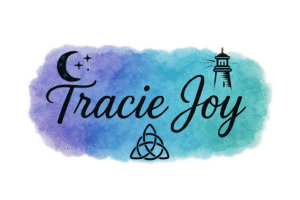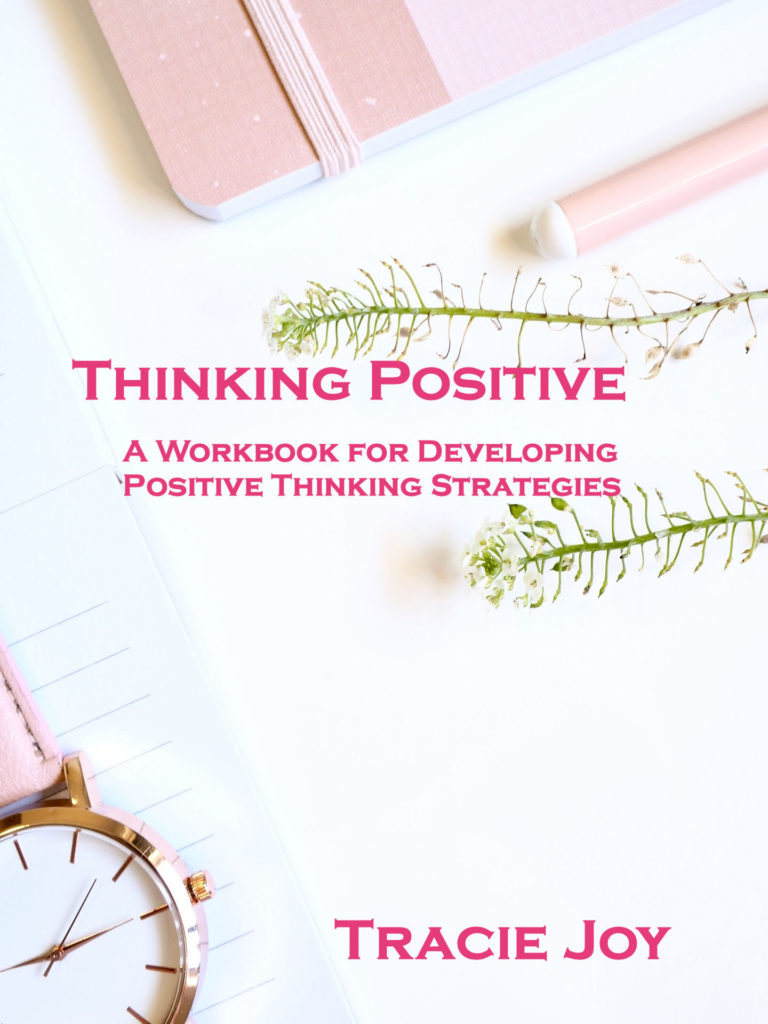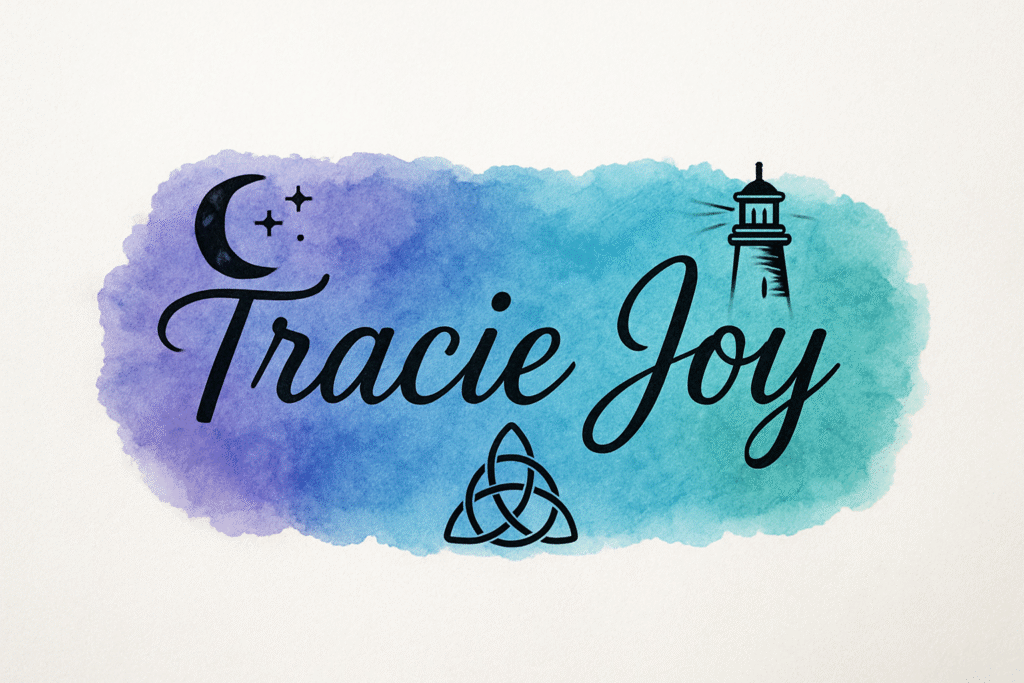If you’re a writer with a book out in the world, you know that email can be both exciting and terrifying. Maybe today is the day a reader shares how your story helped them. Maybe it is a chance to connect with another author. Or maybe, like me, you open your inbox and find another too good to be true offer that fits the pattern of book review scams.
What Keeps Landing in My Inbox
Lately, my inbox has been full of people promising to have their reading groups “review” my book for a fee. Right behind them are messages from supposed authors who want to collaborate, only the sender is not actually that author.

At first glance, it can feel flattering. Look a little closer and the cracks show. The paid reading group offers look like classic book review scams, and the cheerful notes from “fellow authors” are just impostors hoping you will click or pay.
Real connections in the writing world feel different. When genuine authors reach out, it is usually through a clear channel or a shared space. If you want a refresher on building real connection, I wrote about it here: Networking for Writers: Online and In-Person. That post captures how to meet people without getting tangled in book review scams or fake author emails.
Why Paid Reading Group Offers Are a Trap
Here is the pattern I keep seeing. Someone says they run a lively book club that adores spotlighting new voices. They say your novel looks amazing and they would love to feature it. All you need to do is send payment for their time. It is pitched as visibility. In reality, it is paying for reviews that may never materialize. Paying for reviews erodes reader trust, and it places you in a gray zone that can backfire. When readers discover purchased praise, they question everything. The promise sounds helpful, but it matches the structure of common book review scams.
The Sneakier Scam: Fake Author Emails
The other pattern feels more personal. The email claims to be from a real, well known author. The note is vague but warm. It might compliment your book and suggest a friendly collaboration. If you hover over the sender address, the truth appears. Instead of the author’s domain or publisher, it is a random email with numbers or spelling errors. The goal is to earn your trust, then push a pitch. Many of these messages work alongside broader book review scams, since the ask often appears after a few friendly exchanges.
How This Actually Feels
It chips away at the joy. As an indie author, you want to celebrate every message from readers. When another imposter pops up, it steals a little of that excitement. Sometimes I can laugh at the over the top language and the copy paste vibes. Under the humor sits real frustration, because I know a new author might fall for the shine. Seeing the same style of book review scams over and over gets tiring, and that is part of the tactic. Fatigue can make anyone more likely to click or pay.
What I Do Now
The delete button is my first line of defense. If something looks even slightly off, I check the sender address. In a few cases, when a scammer used a real author’s name, I let that author’s publicity team know what was happening. I do not argue with scammers. No reply is the safest reply. I keep a short list of trusted places to sanity check offers, and I revisit it when my gut says something is wrong.
If you have not used it before, Writer Beware is a long running watchdog resource that documents patterns, red flags, and known schemes. It is a great place to confirm whether a pitch looks like the style of book review scams that are currently making the rounds.
Simple Takeaways for Fellow Writers
Do not pay for reviews. It is not worth the risk. Check the sender’s address every time, especially if the name looks famous. Trust your gut and slow down before you click. Build relationships through real communities and events. If you want ideas for that, circle back to Networking for Writers. When you invest energy in genuine outreach, the noise of book review scams fades into the background.
Closing Reflection
For every fake offer in my inbox, there is a real reader who leaves honest feedback, and a real writer cheering me on. The scams can feel loud, yet they do not get to define my experience. I can protect my time, keep my focus on the work, and remind myself that most people in our community are here for the right reasons. I am keeping this note here for anyone who needs it the next time book review scams try to dim the fun of being an author.




One Response